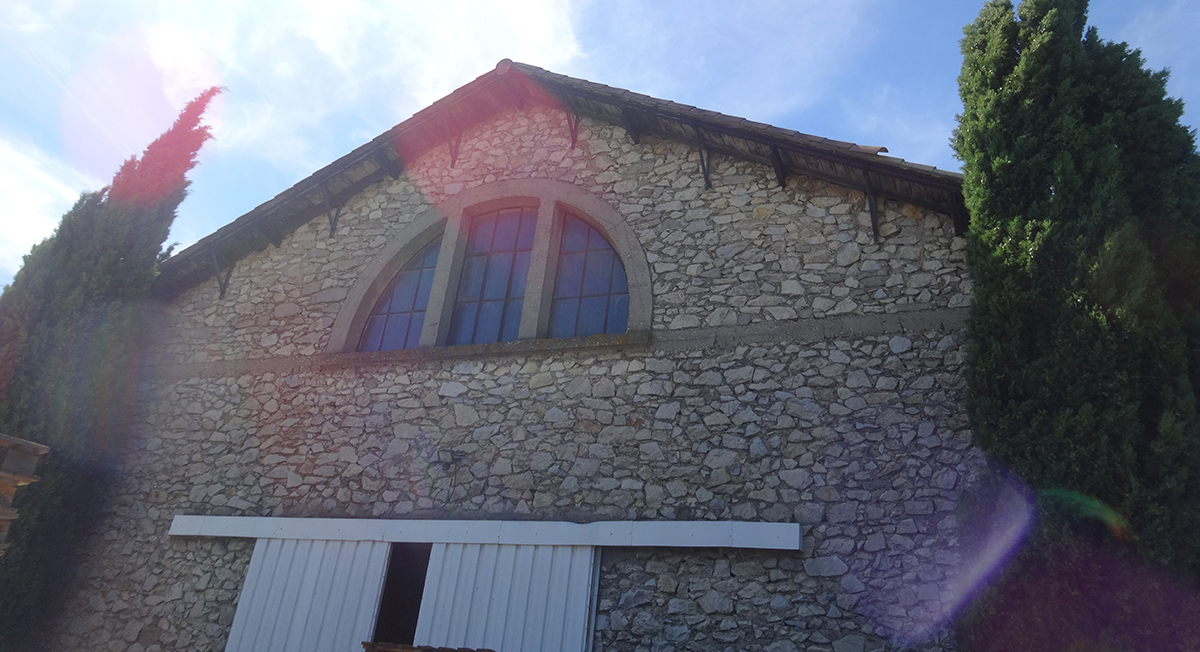No Way … It’s Rosé! Meet Your New Summer Sip
Publish Date: June 3, 2019
Last Update: February 6, 2026
The sip of summer is here! Our first rosé has arrived from the Terra Domitia estate in the South of France and it’s ready to help you ease into the warm months ahead. Nestled between Nîmes and Avignon, the estate (which dates back to 1930 and was named after a local flowering plant) benefits from a mix of sunny mornings and windswept afternoons. The conditions create an ideal environment for organic soil to thrive, including the two grapes inside this wine—grenache and cinsault. With an irresistible pink hue and hints of juicy strawberries and tart currants, this is one glass that’s comfortable hanging out alongside everything from grilled meats to fruit desserts. Let’s take a closer look at this special rosé with winemaker Christophe Aguilar.
How long have you been in the wine business?
Forty-one years, since the beginning of my agricultural and oenological (the science and study of wine) education started in 1978. I worked as a director at a wine cooperative in the south of France for 11 years. When my father retired in 1994, I took over the family farming business in polyculture (vines, asparagus, and fruit trees) and decided to convert the farm into a vineyard. I gradually expanded it to its current size of 234 acres and converted it to an organic vineyard in 2007.

Can you talk about your beginnings in the winemaking business? Why did you start?
My father and grandfather grew grapes but sold them to a co-op that turned them into wine. I took on the winemaking myself and wanted to completely master everything from the cultivation of the vine to the finished product. I have to work very closely with nature, which gives winemaking an element of magic. I find the inherent risks and process of eternal renewal to be very interesting.
“I have to work very closely with nature, which gives winemaking an element of magic. I find the inherent risks and process of eternal renewal to be very interesting.”
What agricultural practices are important to you, and how do your farming practices differ from conventional large-scale farming?
The main practice is respect for the terroir—the life of the soil that allows the plants to develop. To protect the process as much as possible, we don’t do chemical weeding. We practice shallow plowing and natural grassing. We try to use the least amount of interventions as possible, and are heading in the direction of becoming fully biodynamic.

How do your winemaking practices differ from those of the big producers?
We seek to have the healthiest grapes possible before they enter the cellar. We pick them at night to avoid the heat and bring the grapes to the air-conditioned cellar with stainless steel and concrete tanks that are set at ideal temperatures. To respect the organic wine charter, we vinify as much as possible without sulfites or other inputs. We prioritize having healthy, ripe grapes to allow the extraction work to be done with limited interventions and filtrations.

What is your favorite way to enjoy this wine?
The best way to appreciate this rosé blend is to chill it before serving. I would recommend enjoying it an appetizer of green olives and a meal of Mediterranean vegetable gratins served alongside a leg of lamb marinated with garlic and a green salad with local olive oil and fresh goat cheese. Finish it off with a nectarine pie with nougat chips.